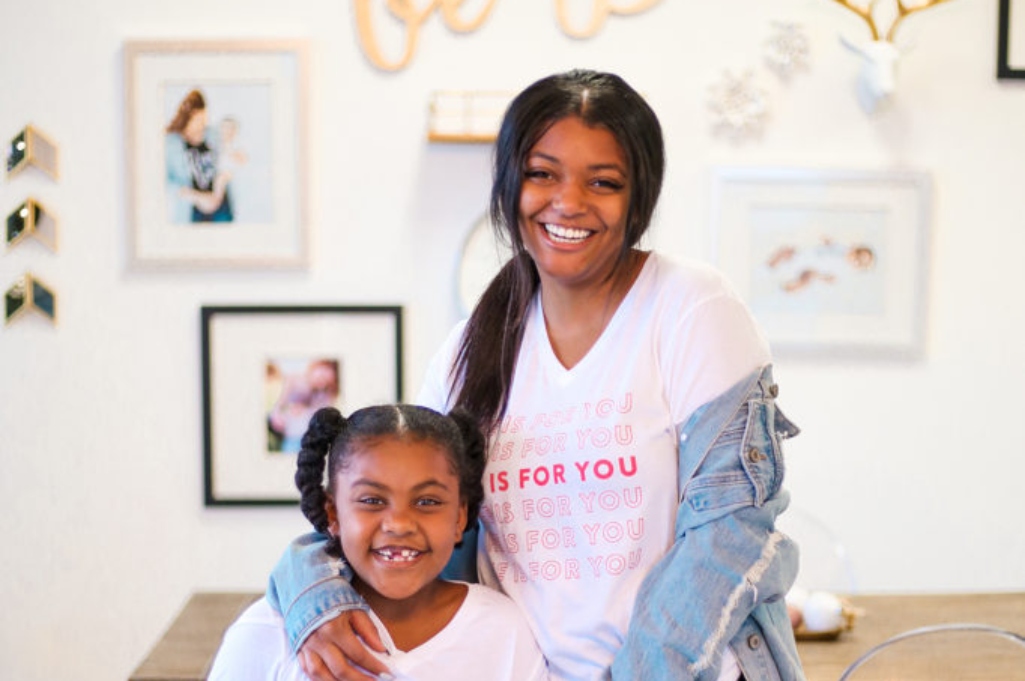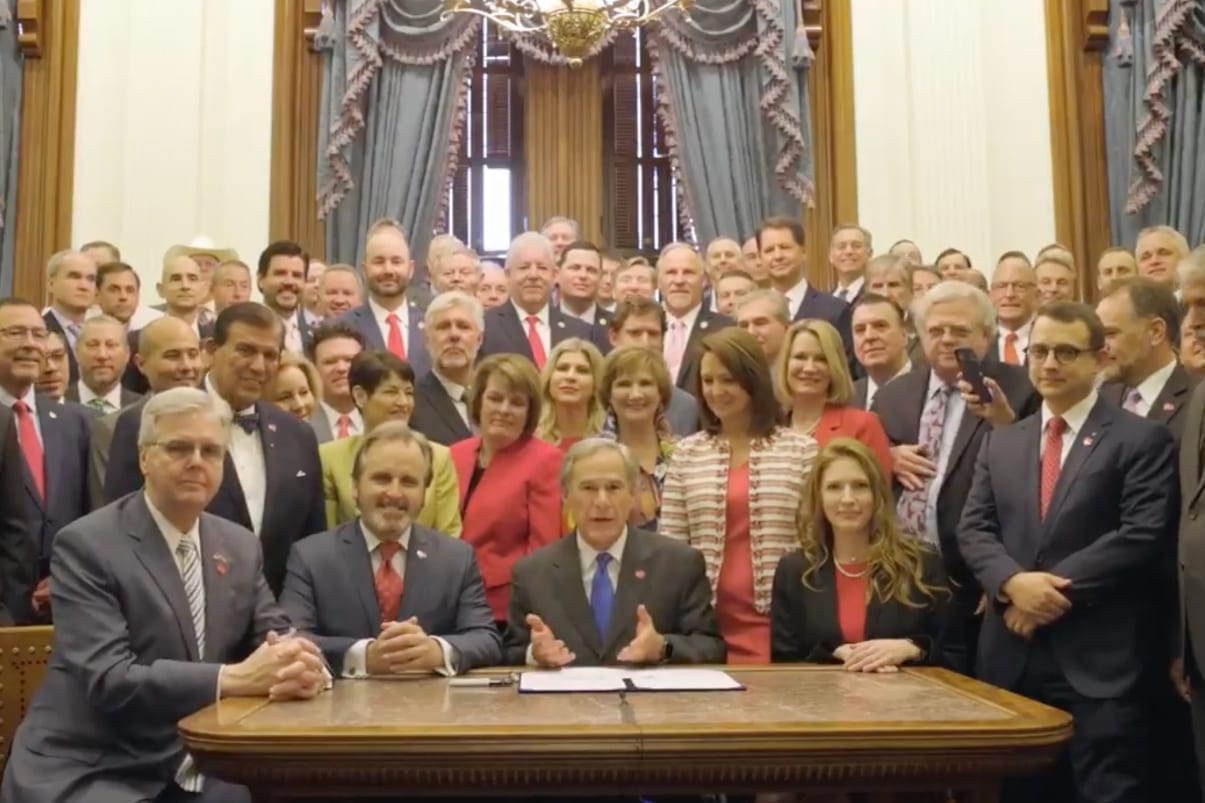For years we’ve been longing for the day that the U.S. Supreme Court ruling Roe v. Wade would be turned back on its head. Someday, we dared to hope, reason would prevail.
When sophisticated ultrasound allowed us to see the intricate details of a developing human at the earliest stages, we cried, “Surely now, Lord.”
When a bright light was shone on the heartless business practices of the abortion industry obsessed with profiting from the sale of baby parts, we prayed, “Surely now, Lord.”
Now that countless abortion workers have fled their jobs, joined the other side and told their stories of the greed and sadness of being a part of an industry that spends millions to promote abortion as health care, when there is so little care provided, we plead, “Now, Lord?”
The fact is, even if it is now, even if this is the year that awful decision from 1973 is overturned, it changes everything and nothing.
We’ll still have a lot of hard work to do.
During the last presidential election, a young Christian woman I know stated she would vote for a candidate that supports unlimited abortion because, in her mind, he was more pro-life than the candidate who opposed abortion. That’s because every day, she witnessed a lack of justice and opportunity for poor children and bitter opposition from those who claimed to be pro-life, to reforms that would make justice for these little ones more likely. Her attitude says to me, that whether Roe v. Wade is overturned or not, we have a lot more work to do than we even imagine.
Of course, the response to my young friend’s reasoning is that we are mistaken if we think that devaluing the life of an unborn child does not have far-reaching effects on the value of life from that point forward. Stop and imagine the implications of a large majority of our mothers (or an entire culture) with callous hearts toward the lives of her children.
And yet this is exactly what Planned Parenthood and the pro-abortion lobby drum into our heads: That the mother’s rights supersede the rights of the unborn child; that it’s okay to sacrifice the life of that unborn child if it’s untimely or difficult. But a quick read through the book of Ezekiel shows exactly how much God abhors the sacrifice of our children. Our gods these days are different, but are every bit as repulsive to God.
The pro-abortion lie is compounded when you consider that abortion is not good for women. I don’t care what pro-abortion marketing says, anyone who has experienced a developing child in their body knows that you are a mother in the earliest stages. There is a bonding and a transformation that happens that is hard to understand. It’s silly to think this child can be disposed of without reducing our own humanity or acknowledge the long-term suffering that stuffing down the grief just because our culture says we shouldn’t be sad.
Most of us know by now that if Roe v. Wade is overturned, the decision on how to regulate abortion will go back to the states. Yes, we’ll need to be even more vigilant in championing pro-life legislation in North Carolina. Yes, we’ll need to work even harder to ensure that we elect candidates who will be courageous in battling for laws that advocate for those who are the most vulnerable among us. But that is only half the battle.
If we think we can save the lives of unborn children by passing laws that make it more difficult to have an abortion, we are only partly right. Laws can only do so much. We also need to plead and persuade and appeal to hearts and minds of all of our citizens.
We will still need to address our shortfalls.
I have a group of Christian friends who, for several years, gathered for lunch once a month to talk about racial reconciliation, especially within the church. One day, the issue of abortion came up. One woman said that pro-life work was a sham. I looked around the table, and every black woman nodded in agreement.
I was astounded to learn they believed that advocating for the unborn was a ploy, unintentional or not, to make conservatives feel like they value life, when in actuality they only value the preborn lives of poor children, then turn their backs on policies that would make those children’s lives richer and healthier after birth. This hurtful criticism took me years to get over and put into perspective.
In my first job out of college, I had a boss who said, “Consider criticism a gift. It’s an opportunity to see how other people view you.” This is great advice for those of us in the pro-life camp as well. Can we listen to our critics who say we only care about the baby? Can we respond with introspection when we are accused of dropping the fight to protect these precious lives once they’re born?
We dismiss these criticisms at our peril because Jesus loves the little children (Matthew 10). This extends beyond the womb and so should our care for them – so should our pursuit of justice for them.
Of course, we can point to examples of pro-lifers who provide assistance to these parents and newborns after birth. Embrace Grace is a national network, with a branch in North Carolina, that works to connect single pregnant women with local churches where they can receive counsel and practical help. And Gateway Women’s Care, which has three faith-based pregnancy centers in the Triangle area, is hiring a social worker to help connect their clients to services in their community during pregnancy and after the child is born.
But the bulk of advocacy for government policies that assist the poor, especially poor children, has somehow fallen mostly to our more liberal citizens.
Moreover, those of us who are more conservative politically often believe such “liberal” policies are politically misguided, and those who are conservative theologically often believe public policy is not where Christians should prioritize their time. However, seeking justice for all people is a concept deeply rooted in the Bible. In light of this, we should examine ourselves and be sure we are making such judgments based on the Word of God and not conservative politics.
If we are tempted to make the case that Christians don’t need to worry too much about the rightness of laws and governmental policies, let’s remember Roe v. Wade established a law almost 50 years ago, and we are fighting against government policy when we oppose abortion. Why does this fervent advocacy stop at birth?
We’ll still need to pass effective state laws.
As we move forward into a world that holds the hope that someday soon, Roe v. Wade may be reversed and the regulation of abortion returned to the states, let’s consider, as Christ-followers, what those laws will look like. Are the laws we create and celebrate going to reflect the compassion and heart of the God who created our universe and everyone in it?
A recent Texas law, commonly referred to as Senate Bill 8 or the Heartbeat Bill, is an example of a policy that wins the war but loses the culture. It’s a cunning and brilliant legal maneuver, but it turns private citizens into vigilantes who profit from turning in those who have even a remote connection to abortions performed outside the legal time limit.
It has effectively shut down most abortion clinics in the state of Texas, but the methodology is revolting. It sets up pro-lifers against their neighbors and practically ensures that a woman considering abortion would never confide in her Christian friend for help. As for someone abortion-prone considering a visit to a Christian pregnancy resource center in Texas? Not in a million years!
Some examples of laws that better reflect the genuine belief that abortion is not what’s best for the mother or the baby (as some pro-abortion advocates argue) are the 72-hour waiting period and the right-to-know laws in North Carolina. These laws hinge on a hope that most women will choose life if given enough time to take some time to reconsider having an abortion, and if they understand the resources available to them.
North Carolina lawmakers have also established a fund that places ultrasound machines in pregnancy resource centers and provides training for ultrasound technicians so that pregnant women who are seeking to fulfill the requirements of the right-to-know law have the opportunity to know that their baby is viable and see an ultrasound of that child if they so desire in a loving and supportive environment.
It may seem overwhelming to consider that, if Roe v. Wade is overturned, our work continues in many ways just as before. It’s like finishing a marathon and then realizing we need to run back home. However, we can take heart in knowing that the persistent, loving, relentless prayers and action of God’s people, working out His tender heart for unborn children has brought us this far.
It has traditionally been a myriad of mom-and-pop pregnancy centers, operating on shoestring budgets in little towns all over this nation that has sustained this effort over the years before and after Roe v. Wade.
However, now God has also called into service great analytical minds, legal experts, courageous video producers and an army of young pro-lifers who can see the pro-abortion narrative for the lie it is. God doesn’t need us to help him overcome this evil, but we are honored to be called to serve alongside him. Let’s soldier on!
(EDITOR’S NOTE — Traci DeVette Griggs is an experienced public policy influencer in North Carolina. She currently serves as a trustee of the Ethics and Religious Liberty Commission of the SBC and is a member of Fairview Baptist Church, Apex.)


